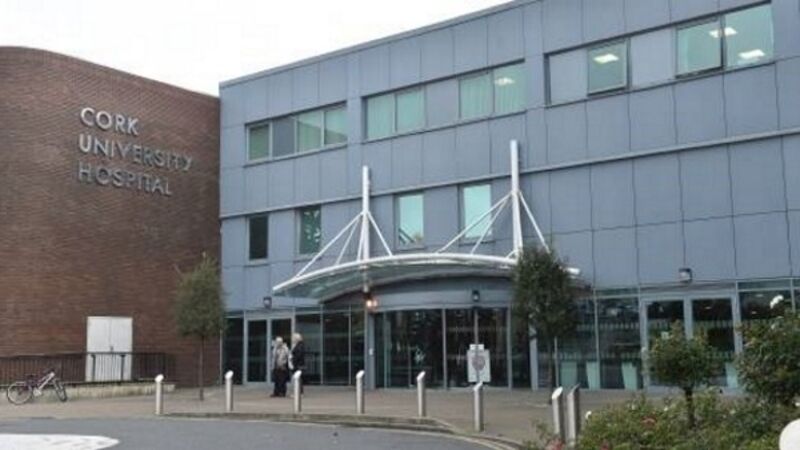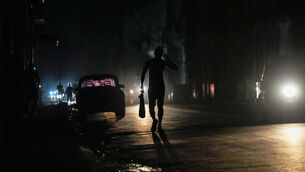Trolley figures: ‘This is not a crisis,’ says UHL director

The director of University Hospital Limerick has denied the hospital is in the midst of a crisis despite reports of record numbers of patients lying on trolleys yesterday.
According to the Irish Nurses and Midwives Organisation (INMO), there were 92 patients waiting for beds. It was the highest ever daily figure recorded in an Irish hospital. The HSE disputed the figure, claiming that 39 patients were counted during its own morning time count.













